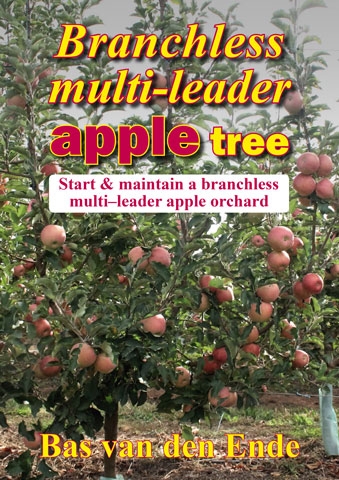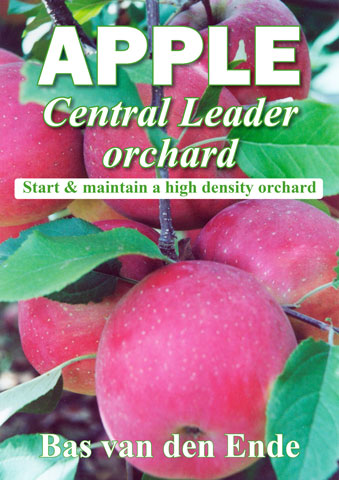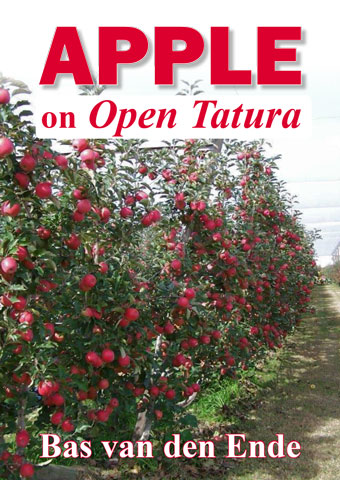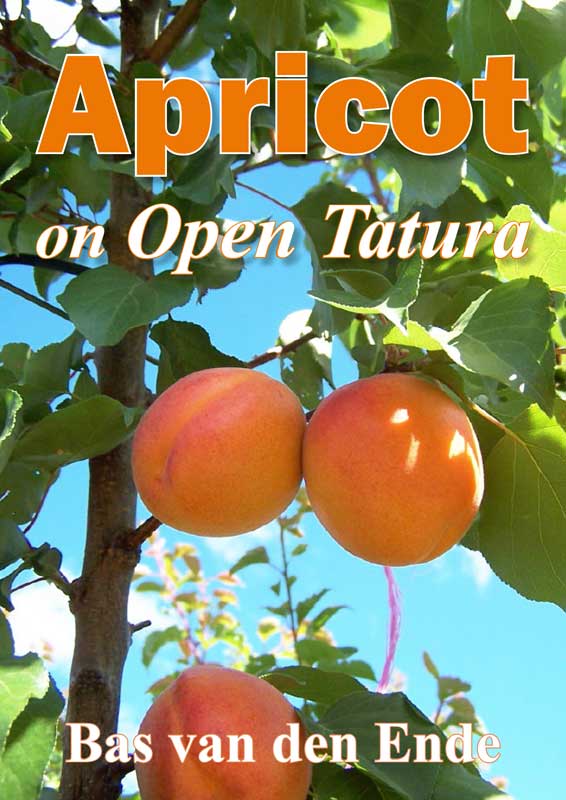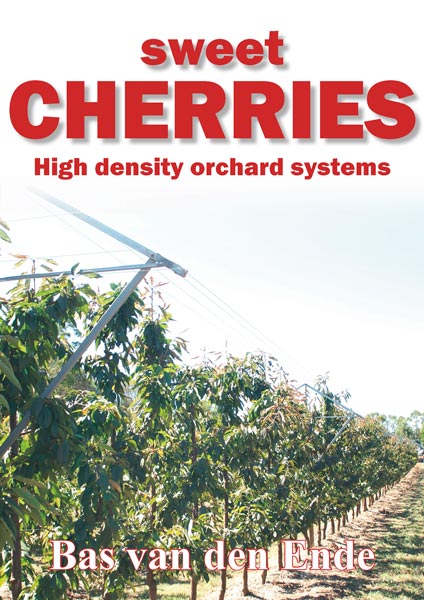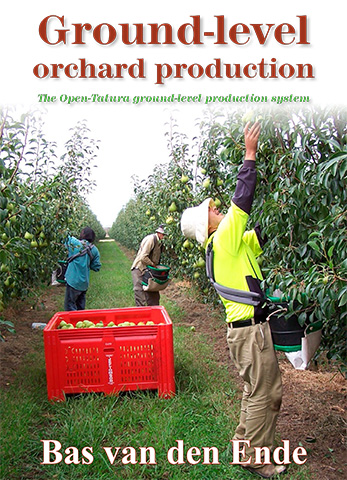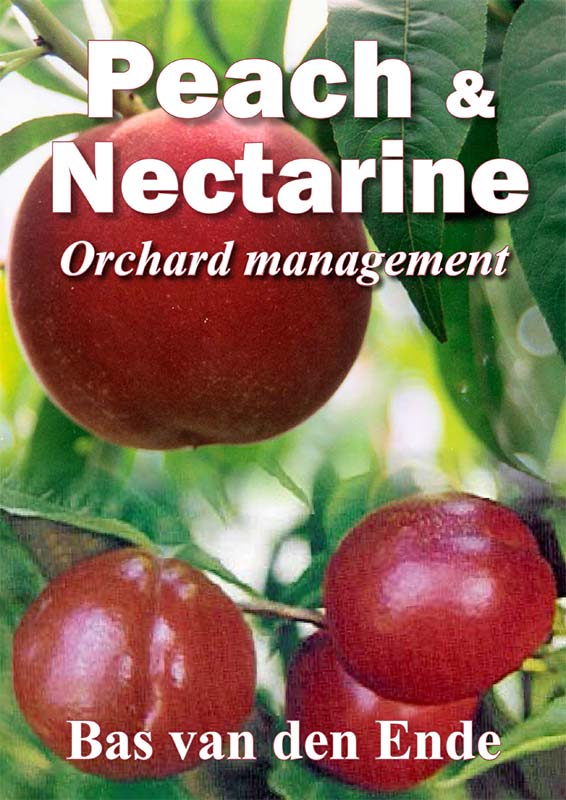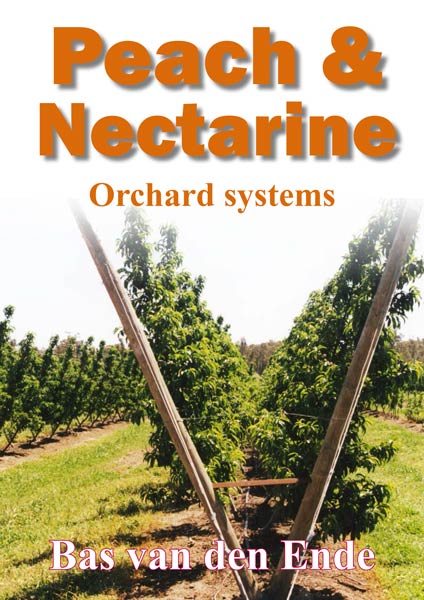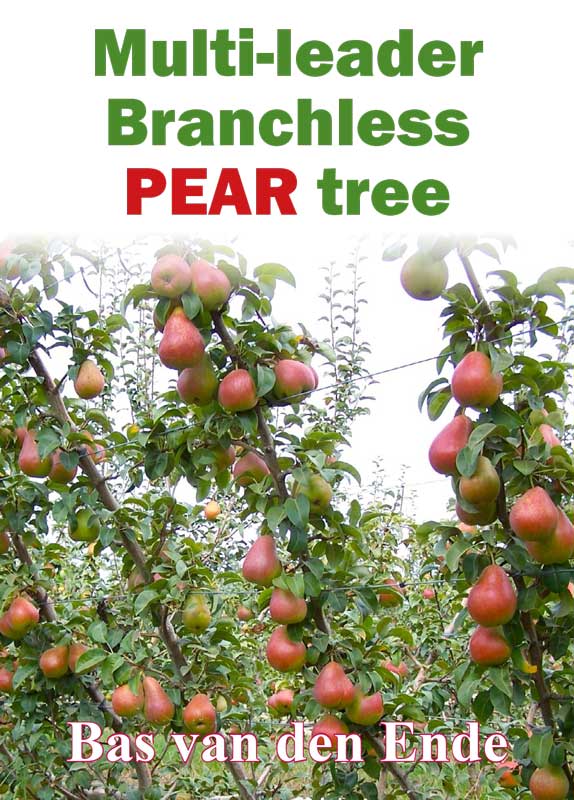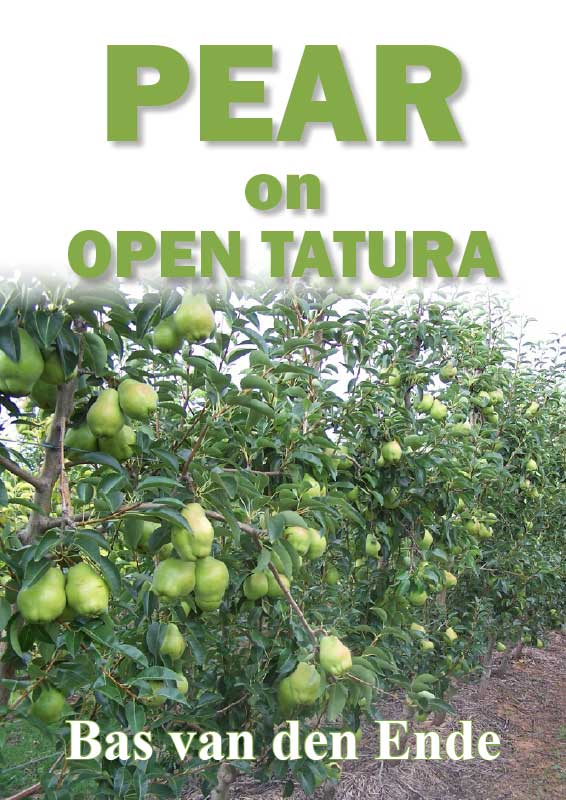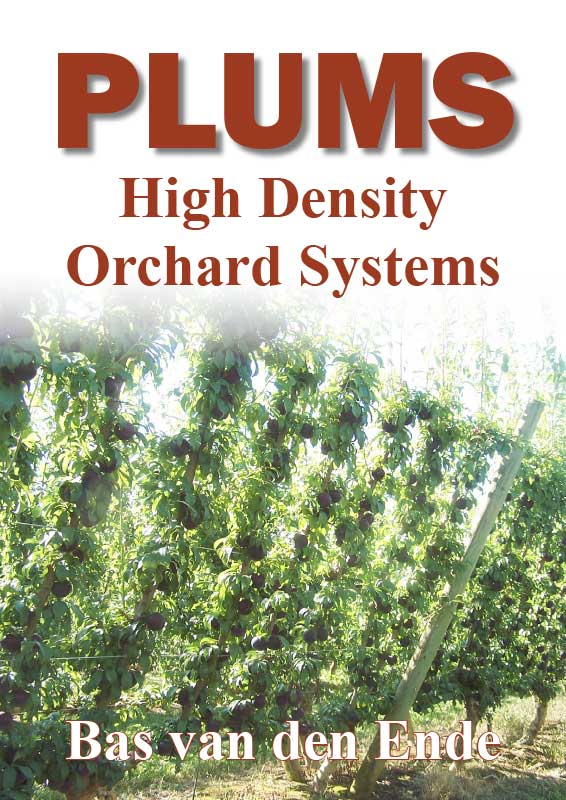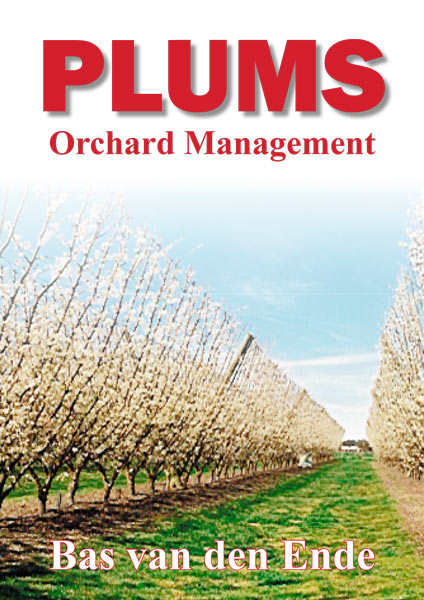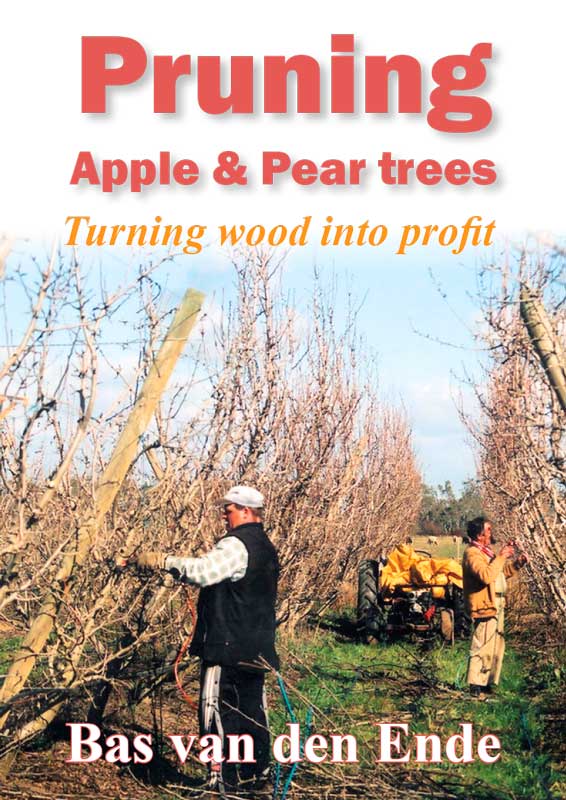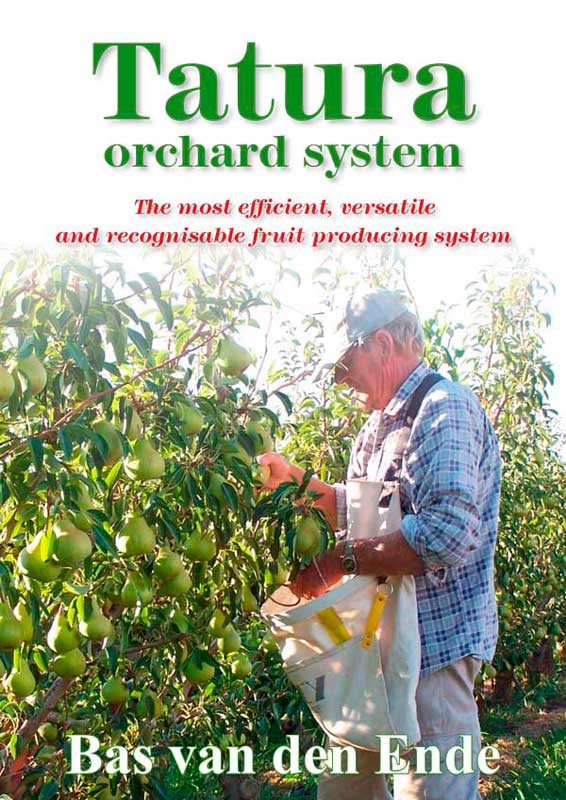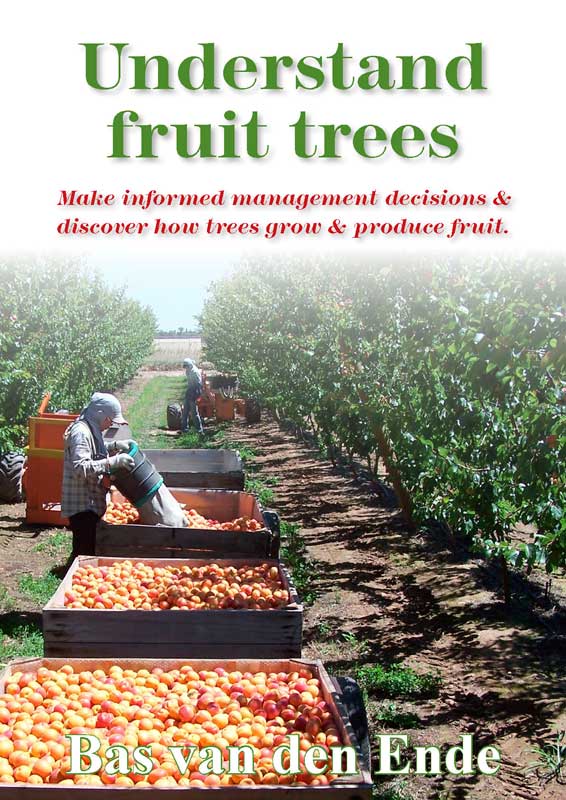As good business owners, we have to consider the long-term outcomes for our business, including the fact that we will retire one day—there is also a definite end to our physical existence which needs to be considered.
In respect of our business we have some long-term exit options such as:
- Selling the business at a planned time and doing something else
- Doing nothing, but someday we die and our family has to sort out the resultant mess
- Planning for the business to continue by being passed on to children who have a long-term commitment to fruit growing.
In this article I have assumed the business normally passes to a son. This is purely for ease of presentation; there is no reason why a daughter could not own the business one day.
Succession planning is not a complex issue, but it can take many forms, depending in each family. This article presents some thoughts about process.
Background Factors
Living Longer
Due to improvements in community health, people now tend to have a longer working life than that of earlier generations.
Many growers approaching their late 50s can find that they feel good about their working life and there is still quite a bit of ‘petrol in the tank’.
One consequence is a desire to continue working hard within the business, and to retain much of its management control.
Being up to the Job
Although an expectation may be for this or that child to eventually come back to the orchard, there is no reason for family succession to be something that is predetermined.
I suggest it is reasonable that the son must earn the right for the business to be passed on to him.
This implies serving an ‘apprenticeship’ to his parents; integrating and developing new knowledge; showing enthusiasm for each task and a commitment to the future; learning from mistakes.
Management responsibilities can transfer as trust builds.
It may well be that the son is just not up to the job. Rather than pass a business on to him which may eventually become inefficient and debt-ridden, a better option might be for the parents to retain ownership of the orchard and sell it at some stage prior to retirement. The children will receive an inheritance through their parents’ wills.
Life expectations
In a multi-skilled, highly informed economy, young growers are fully aware of the career opportunities being pursued by friends and siblings; and that non-farm working conditions provide important benefits in addition to a wage.
As a consequence there are now generally higher expectations around daily living needs that can raise tensions within the extended family.
Parents need to understand that the expectations and aspirations of the next generation may well be more demanding than they expect; similarly, children need to share the history behind their family and be very aware of the earlier sacrifices made so they could enjoy a better life and, possibly, inherit a significant asset.
Planning skills
Orchardists tend to be good at growing, packing and marketing fruit.
There are not many who are also adept at understanding financial information, or at facilitating objective discussion about the future.
Be aware of the potential need to involve independent people who do have these skills; such as farm advisors, accountants, and lawyers.
Some fundamental elements
Good communication
The most critical, and possibly the most challenging requirement for good succession planning, is open communication between family members.
It is vital that all opinions are heard without harsh judgement. In some families communication is quite free-flowing, whilst in others not everyone has their say.
There will also be times when tensions arise between some family members. This is part of being human; sometimes life can be messy.
Good communication is also required over the long-term. Succession planning may take some years to put in place and family members need to be continuously aware of changing circumstances, and be able to review and discuss feelings and expectations regularly.
One difficulty I have experienced with succession planning is that some of the discussion is obliquely about the eventual demise of parents. Whilst each of us will die, actively considering estate planning to mitigate the economic effect of death can be a sobering exercise for many.
Manage expectations and relationships
A recent farm study reported that in 75% of the top 20% farms, the owners considered family relationships to be more important than anything else in the business.
Relationships represent the values behind the business; are the balance to hard work, and the first support mechanism in hard times.
The succession planning process requires good family ‘ground rules’ to ensure that expectations are aired and are realistic.
A key part of this planning element is the capture and discussion of all relevant information about the business, and about family members’ expectations.
If the orchard has not been trading well, or equity is at a relatively low level, family members need to accommodate these realities in their expectations, as different from a position of strong profitability and equity.
Again, communication is essential to build and maintain the dynamic relationships within any family.
Transfer management control
As the farming son serves his apprenticeship and proves his worth, he can take increasing management control of the business.
continued next issue
See this article in Tree Fruit September 2013


